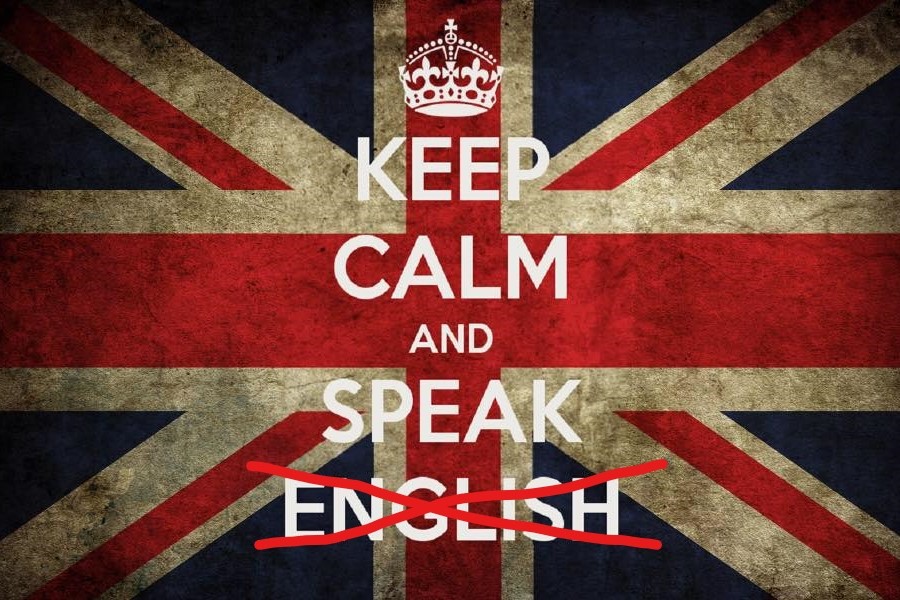The government monitors the quality of higher education programmes in the Netherlands through accreditation body NVAO. Every six years, NVAO arranges for a panel of experts to visit the programmes with a set of questions about the curriculum, facilities, teaching staff as well as other matters.
The language of instruction is also included in their questions. Programmes taught in languages other than Dutch have to explain to the panel why they have chosen (in almost all cases) English as the language of instruction over Dutch. Dijkgraaf previously announced that this would be undertaken with greater explicitness in future.
In a written consultation, the VVD asked Dijkgraaf to explain how this would work in practice. Also, what changes would Dijkgraaf like to see in the process? This in light of the fact that he has prepared a bill aimed at enhancing control over internationalisation and the choice of language of instruction. Similar questions were also put by the BBB.
Never rejected
The questions are not particularly odd, given that the NVAO never goes so far as to actually reject a study programme. In 2022, 234 programmes were assessed. Only four of them received some criticism, and were told to make improvements in the foreseeable future. However, the language of instruction is never really a problem.
The previous House of Representatives supported a motion by Pieter Omtzigt calling for clarity on the current language requirements. Dijkgraaf is now trying to address this point, maintaining to the House of Representatives that accreditation organisation NVAO is clarifying the rules and giving special attention to the language of instruction.
Programmes taught in languages other than Dutch must justify their choice of language in the light of the regional, national and international professional field or discipline, Dijkgraaf explained. But there are no strict requirements. A “well-founded, substantive dialogue” between the study programme and the expert panel is sufficient for approval to be given.
At the same time, programmes that fall short in providing firm substantiation need not fear having to close their doors immediately. If they get a below-par rating on this aspect, that “does not necessarily result in a loss or refusal of accreditation”, Dijkgraaf writes.
Change
What would change under the ‘internationalisation in balance’ bill? We still have to work that out, is Dijkgraaf’s short answer; in any event, a different committee will then be tasked with assessing the language of instruction. Greater emphasis will be placed on ‘efficiency’ over ‘quality’.
It remains to be seen how language policy in higher education will be shaped in the future. One thing is certain: the anglicisation of study programmes remains a sensitive issue in the new House of Representatives. A sizeable majority would like to make Bachelor’s programmes Dutch-taught again, with the possible exception of tech and engineering programmes.
